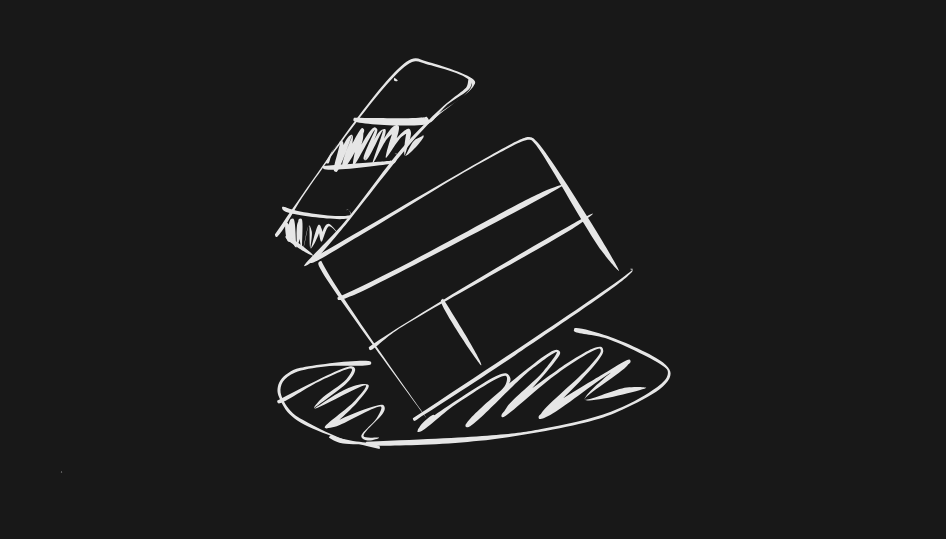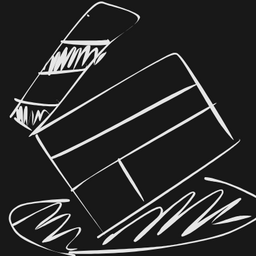Screen Writing: Writing Your First Script
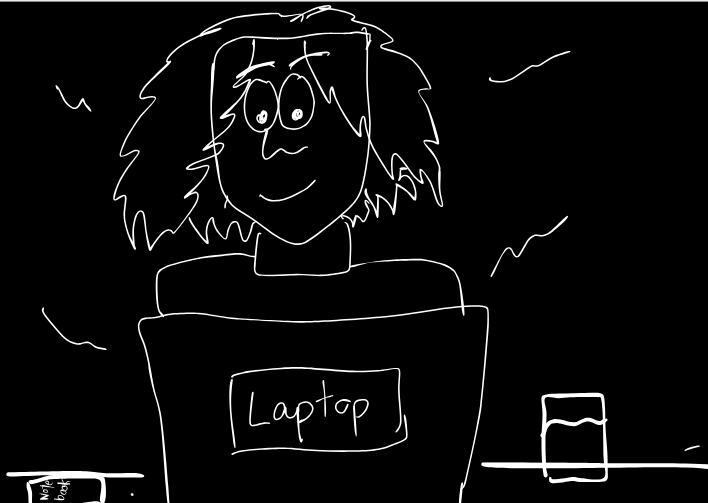
A story starts with a vision, it then gets transfer in to a script then in to a movie. Without a writer, there is no story but without an artist, there is no art. A writer is an artist. They create stories and transform vision to a reality for the audience to imagine themselves in. But with out a clear structured story, there is no story. Here is how to write a script.
Some might say that there is no finish line in writing a script. For me there is, it's when it gets published or when you finally found the ending. You go through:
- Finding a story
- Brainstorming
- Outlining
- Getting the Characters
- Writing your first draft
- Finding your final draft
Yes, it may seem a lot but it will all be worth it when you get that story on paper.

Finding a story
A lot of artist would say, write the story you want to read. And I agree. When you are writing a story, think of something you want to watch. For me, it's easier to write down the story from beginning to end. I don't know if it's good to have an ending in your mind but it works for me. I write possible stories and finding one that works best for me. I write down on my phone about ideas I have for a story I want to watch. Recently I wanted to watch a film about a girl who moved abroad and is going through a rough time then she encounters an Elf. I then start writing down how the story can go and how it can be improved.
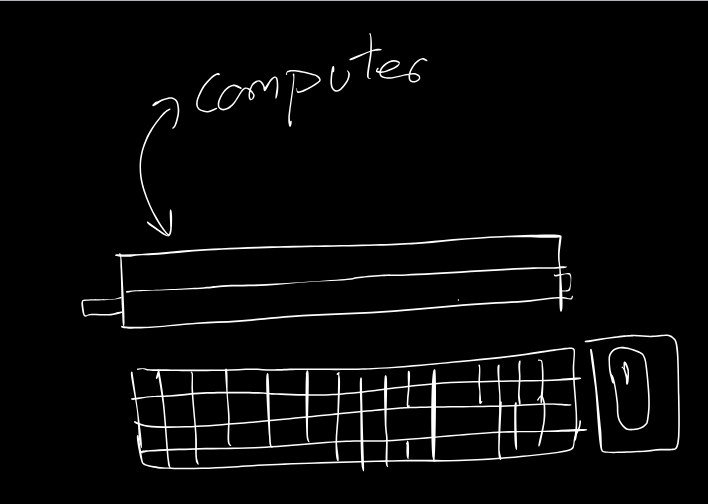
Another way of finding a story is through your personal experiences. The South East Asian girl is me, moving away from my family and coming abroad to study. Although I have family here in the UK, I still found last Christmas to be pretty sad.
And that is how a story comes. Now that you have found a story to show and tell, The next stage of writing a script is Brainstorming.
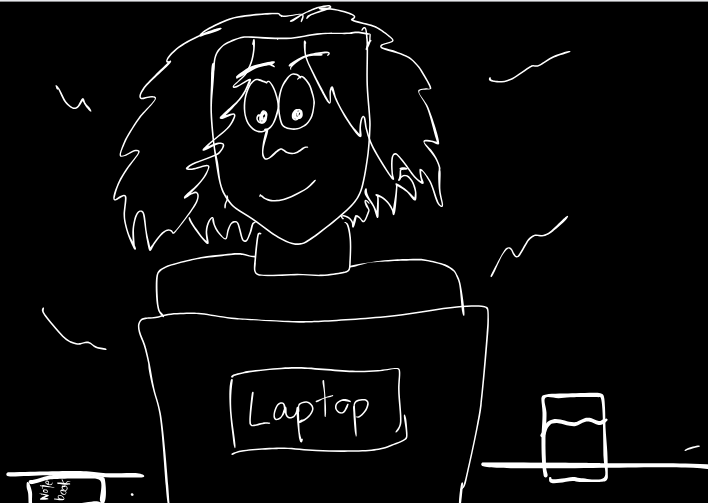
Brainstorming
Brainstorming is where you can put your ideas in. This is where you are writing down the actions. From the story that you have, you are now going to write down the actions that are happening and building up towards the end.
I have a little notebook where I write down ideas that I come up with. It really helps when you start brainstorming. Write down all the ideas that in to your mind. If you think it's a bad idea, write it down. It is still an idea.
When you are outside, you may come across an action that is a good idea to add in to the film. So have a notebook or write it on your phone.
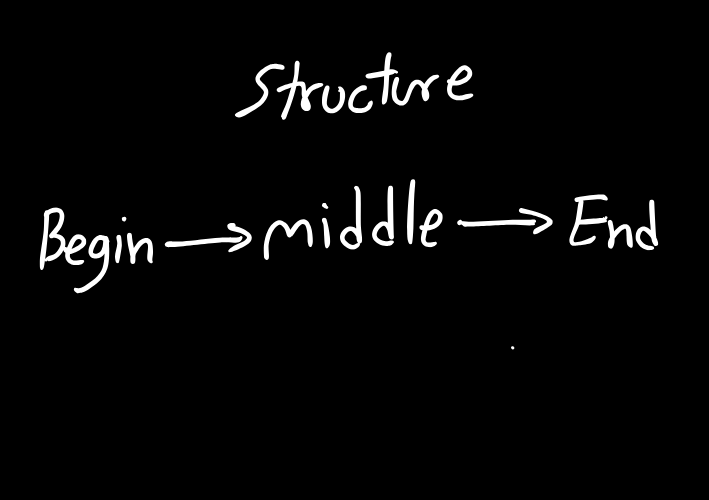
Out lining
Once you have brainstormed, it is time to write the outline of the story. This is the part where you put together the ideas you brainstormed together. You are now putting the ideas in to a time line. You won't be putting all the ideas you brainstormed in and that's fine.
This process for me was a bit tricky because I had a lot of ideas and wanted to include. Remember this, not all ideas are going to fit in and that is fine.
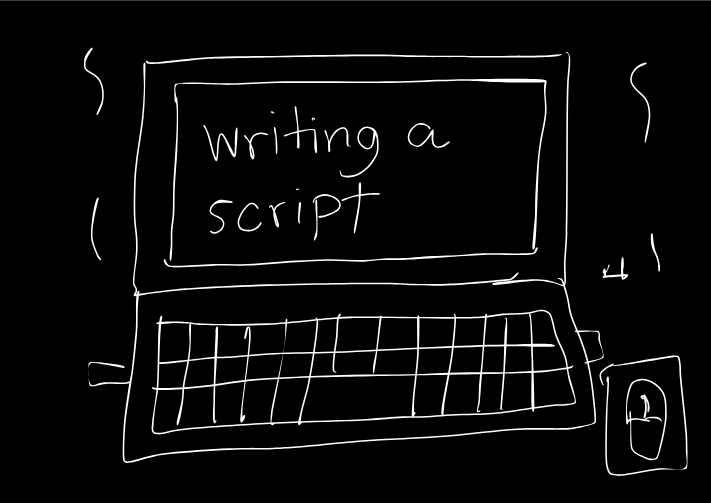
Getting The Characters
Now you need to write down the characters traits and personalities and what is driving them to doing this. When writing a character, have a conflict. This is a crucial part of the script. The characters are what makes the audience engage with the story. So have a conflict, a flaw and a goal for a character and think how the character is going to gain that.
First Draft
Once we now have our story outlined, it's time to write our first draft. Now a lot of people would really try to make the story right or try to edit the story. The point of the first draft is that you can write how long you want. Write a scene as long as you like.
For my first draft of a script I wrote, I wrote 30 pages then cut down to around 20 pages. Did I wanted to delete some of the scenes? No. But it was unnecessary for the script.
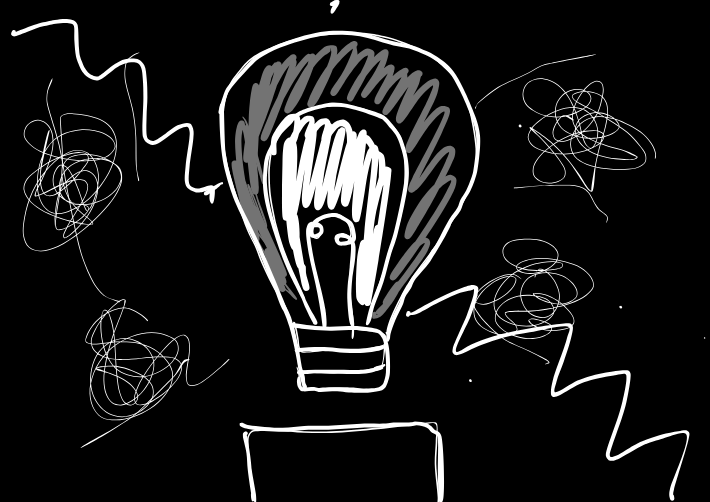
You will encounter writer's block. It's an experience that a lot of writers experience. When you are out of ideas for the script. It is normal and don't feel pressured. Go for a walk and come back and see what you can add to it. Here are some of my other blogs that might help when you encounter the writers block.
Blogs:

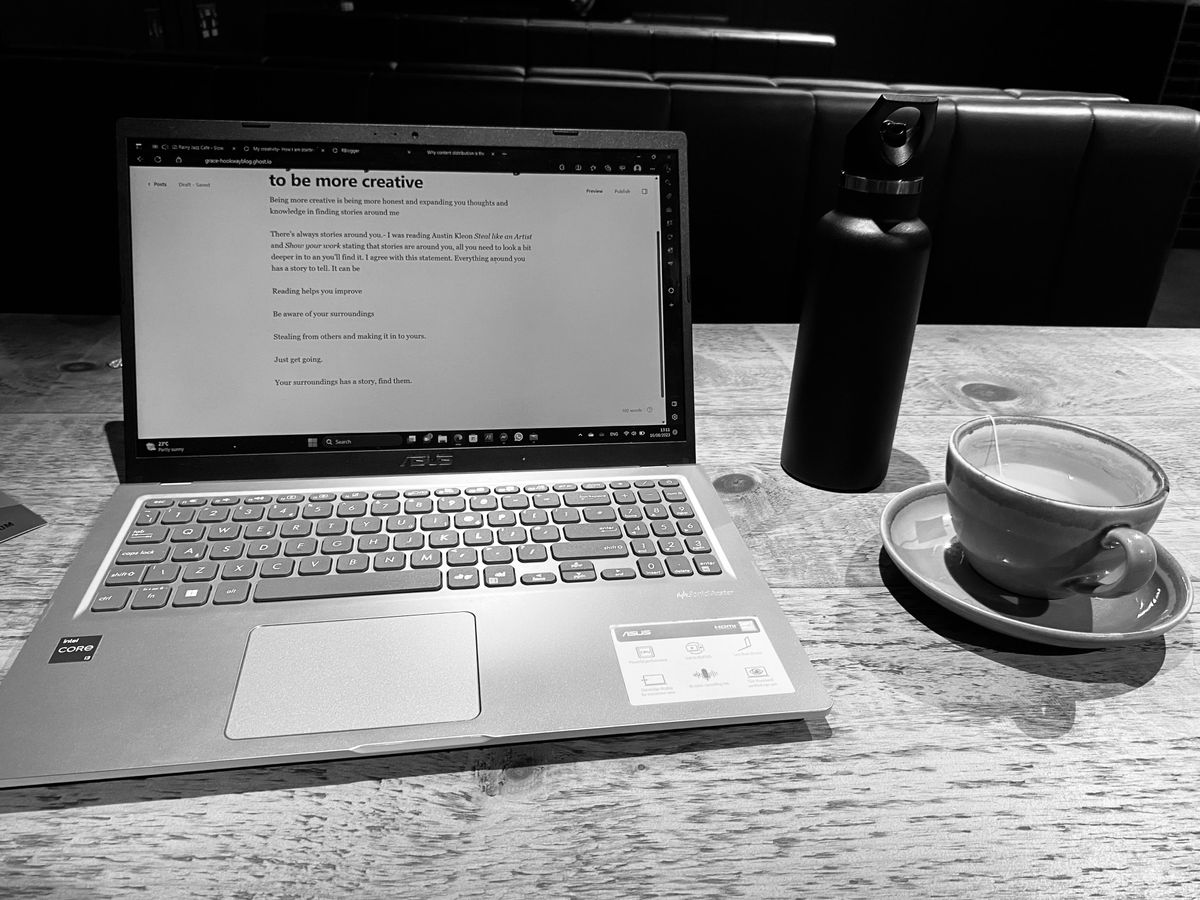
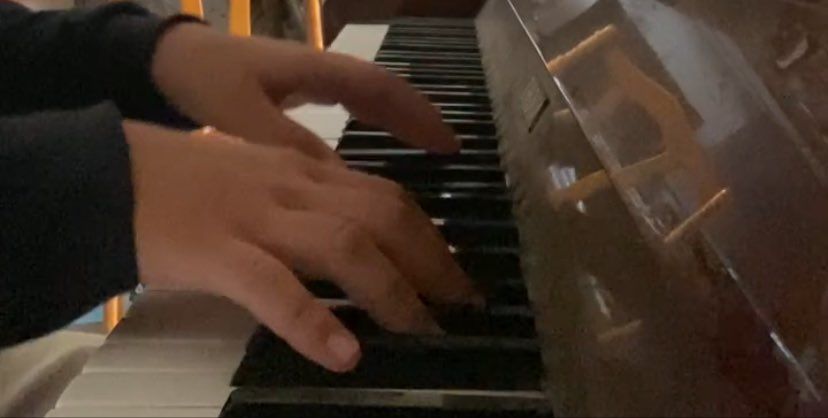
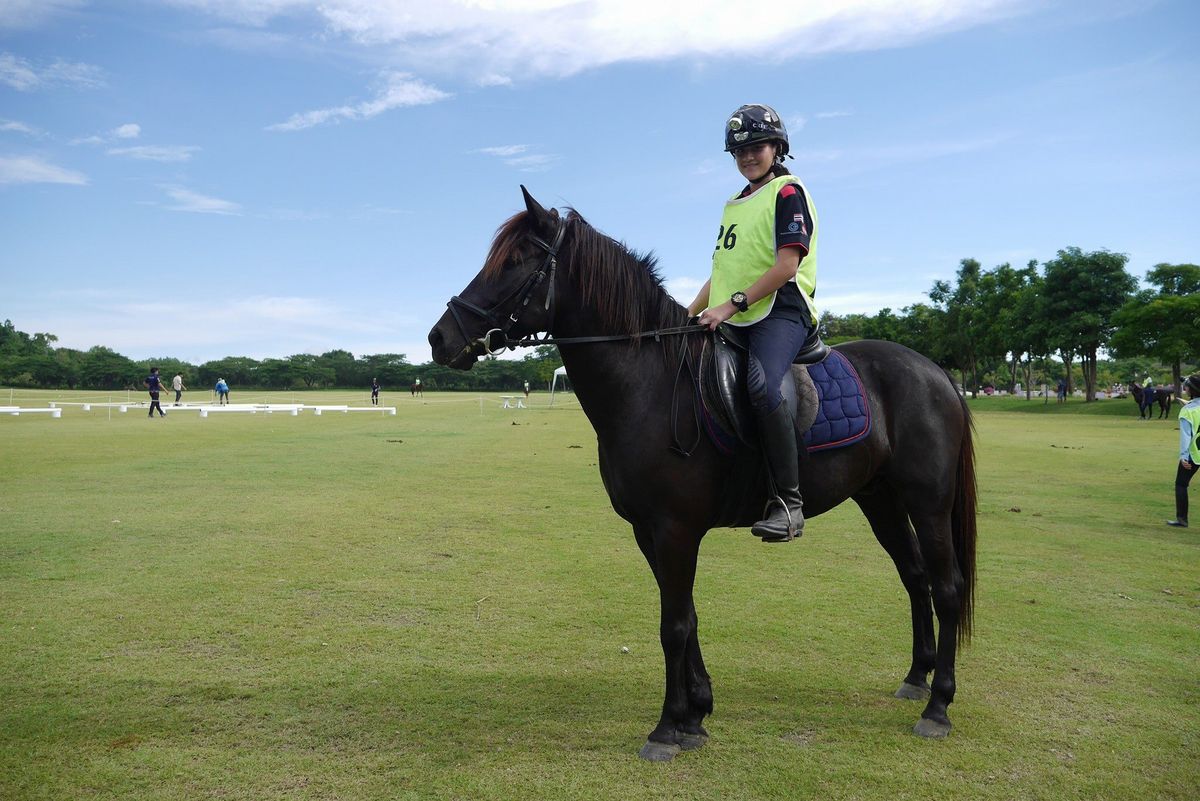
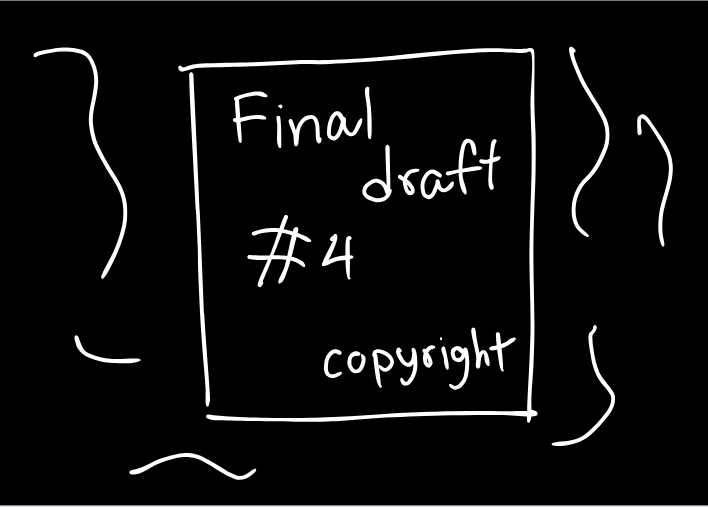
Final Draft
Final draft for me is the part where you begin to edit your script. You are now cutting the unnecessary parts out. You might add more to it. For the final draft you can have a lot of drafts. You might end up editing 13 drafts. You are basically editing the script until you feel good about it and when someone reads it they understand the characters struggle and plot of the story.
I have a member of family or a friend read my script and see what they think about it. It is important that the reader understands the struggle of the character and the story. If they don't, you might be doing something wrong.
But be careful who you take criticism from. Don't take personally.
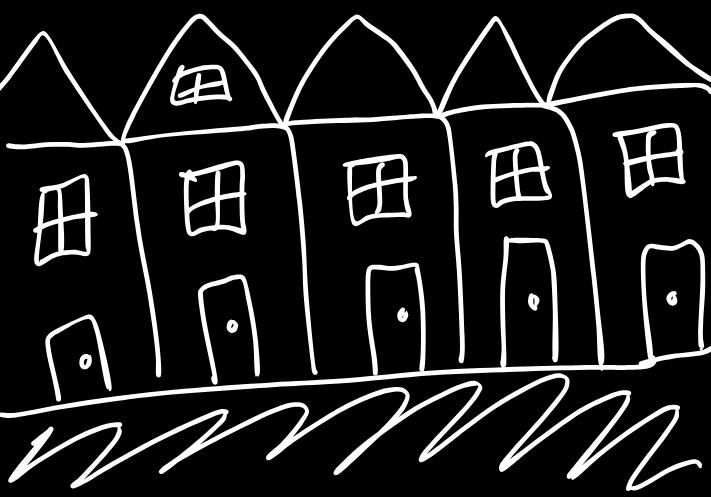
Lastly, here are some tips:
- Have a notebook with you. Write down ideas or phrases that you come across your everyday life.
- Learn to steal like an artist. Nothing is original. Everything that is out, it has been stolen from another movie. But make it yours. Art isn't something to be owned. This is how art is developing.
- Read scripts. Reading other scripts are so useful when you are wanting to write something. I read scripts from my acting classes but I also read other scripts.
- Write what you want to tell and see.
"Transform your vision in to a reality"
